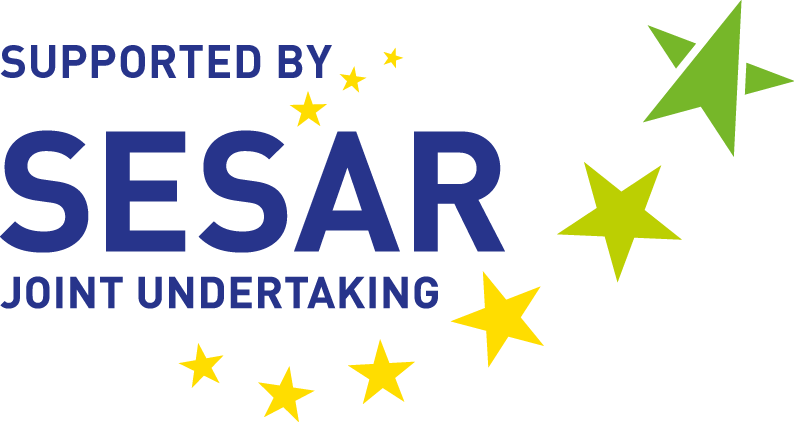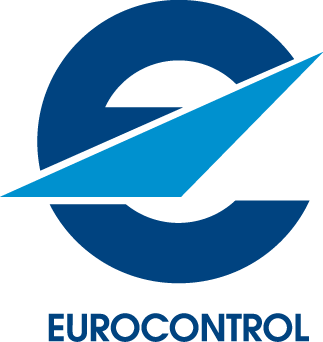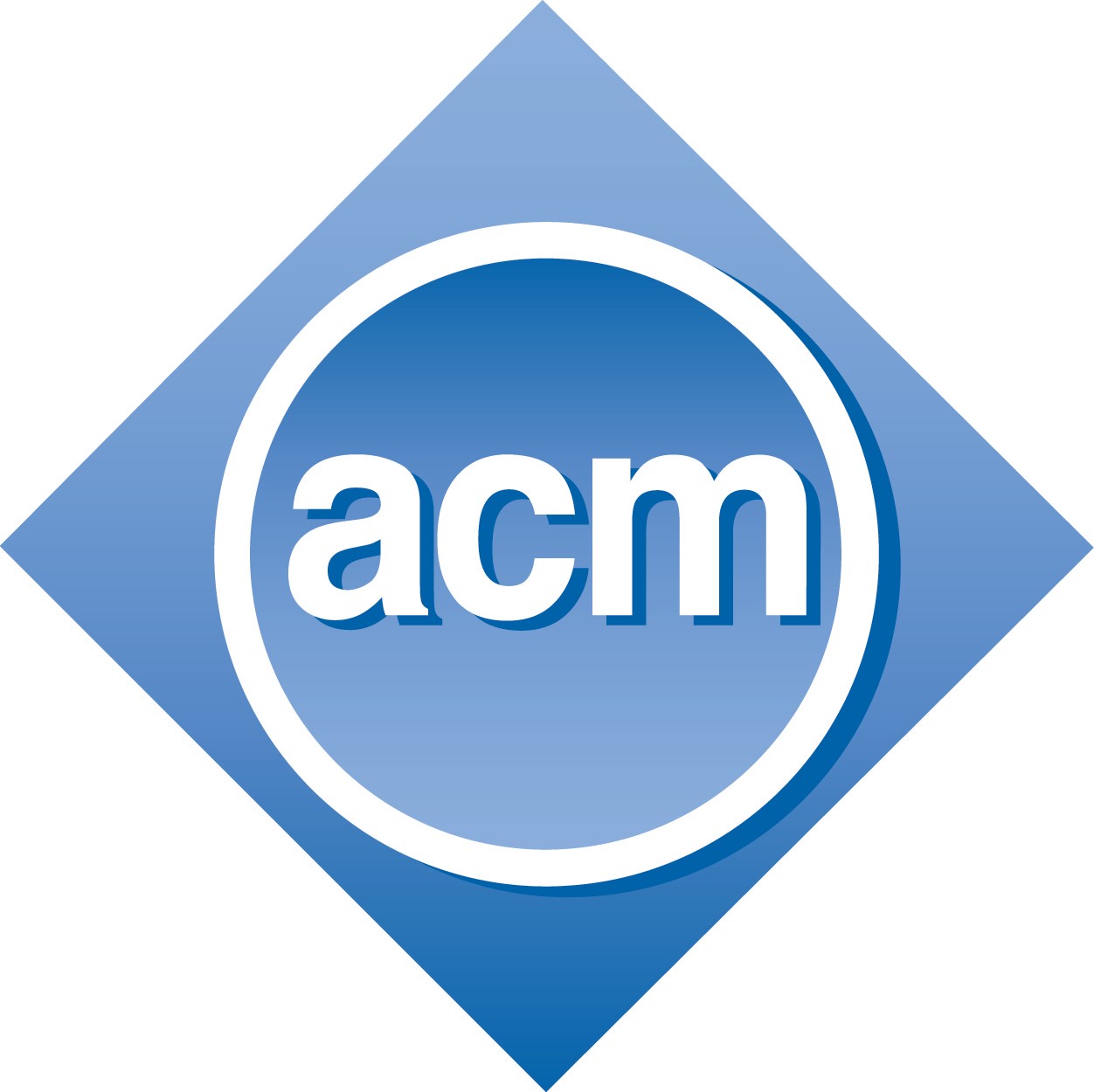ATACCS'2012
2nd International Conference on Application and Theory of Automation in Command and Control Systems
|
Previous edition
Next edition
Associated event
Formal H is a workshop on Formal Methods in Human-Machine Interaction that will be held on May 28, 2012 at the Imperial College in London, right before the ATACCS 2012 conference. Further information on the web site: http://www.fmhfe.com/FormalH/
Sponsors
|
Conference OverviewATACCS'2012 is the second of a series of scientific conferences on the theme of Automation in Command and Control Systems. The first was organized in Barcelona, Spain, and gathered more than one hundredparticipants. ATACCS is focused on applications and theories that are related to the replacement of human roles by technology (i.e. through automation). In the context of ATACCS, automation implies the use of systems to administer the tasks of humansincluding conformance monitoring and automation management. This raises enormous technical, ethical, organizational and safety challenges. ATACCS is the brainchild of the HALA! Research Network (Higher Automation Levels in Air Traffic Management) which is supported by SESAR WP-E; a framework setup to spearhead long term and innovative research in automation of Air Traffic Management in pursuit of the SESAR 2020 vision and beyond. Despite this strong relationship with ATM, ATACCS welcomes submissions from all other domains and industries dealing with automation in command and control systems. Conference proceedings are freely available for downloading in PDF format:
All submissions to the conference will be peer reviewed by members of the program committee. Accepted contributions will be published in the conference proceedings as well as in the ACM Digital Library. Submission categories
Application domains include but are not limited to:
Topics include but are not limited to:AutomationDesign
Methodologies for design and automation
Systems exhibiting automation
|
||










